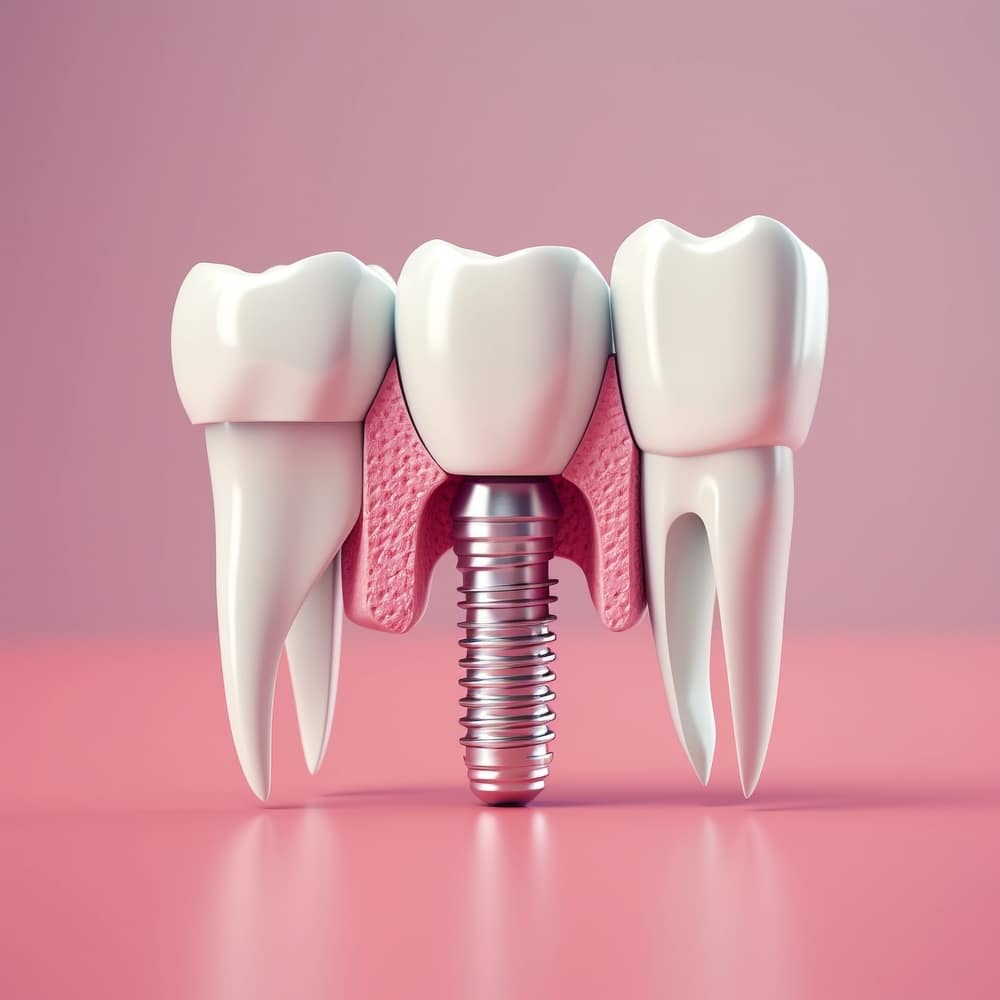
Dental implants have long been hailed as a revolutionary solution for replacing missing teeth, offering durability, functionality, and aesthetics. However, for some individuals, the cost or complexity of dental implants may present barriers to treatment. Fortunately, advancements in dental technology have paved the way for alternative solutions that provide effective tooth replacement without the need for traditional implants. Let’s explore some of the best alternatives to dental implants, including cost-effective options, natural alternatives, and emerging innovations.
1. Dental Bridges: A Proven Alternative
One of the most well-established alternatives to dental implants is the dental bridge. A dental bridge consists of one or more artificial teeth anchored in place by crowns attached to the adjacent natural teeth. This solution is particularly suitable for individuals missing one or several adjacent teeth and offers a durable and natural-looking restoration. While dental bridges may require periodic maintenance and replacement, they provide a stable and cost-effective alternative to dental implants for many patients.
2. Removable Dentures: Affordable and Versatile
Removable dentures have long been a staple in tooth replacement options, offering a relatively inexpensive and non-invasive solution for individuals missing multiple teeth. Dentures can be customized to fit comfortably and securely over the gums, providing functional restoration of chewing and speaking abilities. While traditional dentures may require adjustments over time and may not provide the same level of stability as dental implants, they remain a popular choice for those seeking an affordable alternative to implants.
3. Mini Dental Implants: Compact and Convenient
Mini dental implants offer a smaller and less invasive alternative to traditional dental implants. These miniature implants are typically used to stabilize removable dentures or to replace single missing teeth in areas with limited space or bone density. Mini dental implants require less healing time and may be more cost-effective than standard implants, making them an attractive option for patients seeking a quicker and less invasive tooth replacement solution.
4. Dental Crowns: Targeted Restoration
For individuals with a single missing tooth, a dental crown may provide a simple and effective alternative to dental implants. A dental crown is a custom-made restoration that covers the entire visible portion of a damaged or missing tooth, restoring its shape, size, and function. Dental crowns can be anchored to the natural tooth structure or to a dental implant abutment, providing a durable and aesthetic solution for tooth replacement.
5. Natural Alternatives: Holistic Approaches to Oral Health
In recent years, there has been growing interest in natural alternatives to conventional dental implants, particularly among individuals seeking holistic approaches to oral health. While not a direct replacement for dental implants, holistic dentistry focuses on preserving and enhancing the body’s natural healing abilities through nutrition, lifestyle modifications, and non-invasive treatments. Some holistic practitioners may recommend regenerative therapies, such as platelet-rich plasma (PRP) or stem cell therapy, to support the body’s natural ability to regenerate bone and soft tissue, potentially reducing the need for dental implants.
6. Emerging Innovations: The Future of Tooth Replacement
As dental technology continues to evolve, researchers and clinicians are exploring new alternatives to traditional dental implants. From 3D-printed teeth to tissue engineering and biomaterials, the future holds promise for innovative solutions that could revolutionize tooth replacement. These emerging technologies aim to provide more affordable, biocompatible, and minimally invasive alternatives to dental implants, offering hope for patients seeking advanced yet accessible options for restoring their smiles.
Conclusion: Finding the Right Solution
In conclusion, while dental implants remain a gold standard for tooth replacement, there are several viable alternatives available for individuals seeking cost-effective, natural, or innovative solutions. Whether you opt for a dental bridge, removable dentures, mini dental implants, or explore holistic approaches to oral health, the key is to work closely with your dentist to find the right solution based on your unique needs, preferences, and budget. By exploring alternative options to dental implants, you can regain confidence in your smile and enjoy improved oral health and function for years to come.
